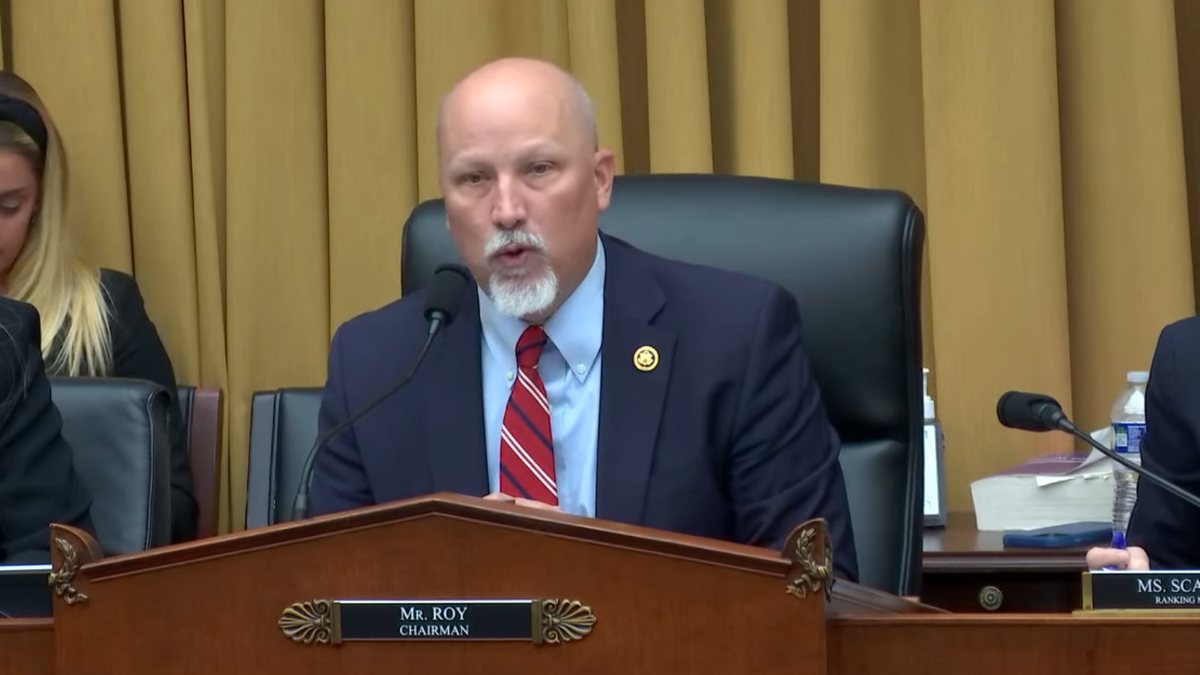
2016 was the year of too much. It offered us a glut of sensational, sordid, stressful content. There was no end to the controversies, the crises, the chaos. (See Dave Barry for details.)
Meanwhile, social media and society kept barraging us with the new: Instagram changed into a fancier-logoed, easier-to-use version of Snapchat. Facebook created a new “marketplace” feature, and introduced us to live video.
The Times bestseller list kept our to-read list on Goodreads stocked to overflowing. Spotify reminded us constantly of all the man-bunned hipster bands we’d not yet listened to. Netflix churned out 100 new television series every month.
And now, frankly, it seems time for a break.
The Year of Too Much Content
The Internet—for many, though not all, of us—creates a glut of content that seems impossible to ignore. Its endless stores of information pull at our attention spans constantly. On the news front, we could browse new articles for ages. In the realm of music, new singles are released every day (if not every hour). New books appear on Amazon daily. Our Facebook feeds are an unending scroll. And with the growth of services such as Amazon and Netflix, there’s no end to the TV we can watch.
Of course, when faced with such an infinite barrage, people begin to grow tired. Some (like myself) will feel pressured and stressed to consume all the things. It’s because we’re mavens: lovers of information. We’re OCD, and hate leaving things half-done. We’re curious, and afraid of what we might be missing.
But eventually, even the most zealous of us will feel over-satiated and exhausted. That’s because no matter how much time we devote to the new, there will be another novelty on the horizon tomorrow. It never stops.
It doesn’t seem surprising, then, that there’s been a backlash against the new this year. Nostalgia has taken center stage: everyone’s collecting vinyl records, shopping at indie bookstores, replenishing his comic book collection, playing board games, and watching old favorite sitcoms like “Friends” and “Full House.”
Some people have decided to unplug entirely: seeking mindfulness and eschewing the temptations of FOMO, they’ve decided to set the smartphones and social media accounts aside, at least for a time.
Why Not Spend a Year Enjoying Old Stuff?
Some call this sort of attitude nostalgic or Luddite. Strains of that are involved, often enough. But it also seems that in a world of infinite choices, many are realizing that they crave limits and tangibility again: a concrete simplicity, a sense of ownership, the ability to say “This is enough.”
At least, that’s how I’m feeling, here at the end of 2016. I want a year to recharge by returning to old favorites, instead of constantly pursuing the new.
So I intend to spend 2017 re-reading, re-watching, and re-listening. It will be a year dedicated to enjoying the treasures of the past—the stories, songs, and shows that I’ve forsaken, and even forgotten, in the glut of newness that’s washed over me these past few years.
2017 will be about reading the classics that formed so much of my intellectual and personal life: from the greatness of Edmund Burke and Alexis de Tocqueville to the dark thoughtfulness of Albert Camus and Frederic Nietzsche. I intend to revisit favorite classics by Jane Austen, J.R.R. Tolkien, Zora Neale Hurston, and John Steinbeck.
I want to revisit all the school books I rushed through: everything from Russell Kirk’s essays to “Paradise Lost” (still ashamed). This is an opportunity to deeply study some of history’s greatest works. To understand them more deeply, and learn from the greatest literary and philosophical masters of all time. I want to dwell for a while on Dante’s “Divine Comedy,” to sink my teeth into Plato’s “Republic,” to ponder the greatness of Dostoevsky’s “Brothers Karamazov.”
There will finally be time to re-watch my favorite movies—from black and white classics like “Casablanca” to Agatha Christie’s murder mysteries. And when I listen to music, I can spend as much time as I want on the wonders of Bach, or revisit my favorite teenage bands like Muse and The National.
Sometimes, It’s Important to Take a Step Back
The point isn’t to eschew new stuff. At the end of the year, I’ll be able to read all the many articles that will be written about “The Best Books of 2017,” and take my pick. Because of the nature of my job, I’ll probably read some of them, despite my overall commitment to old stuff.
But it’s easy, especially in the digital age, to get swept up with every new wave and trend: to forget just how many delights lie in the past. 2017 will be about remembering those delights.
Part of this commitment is about slowing down. 2016 felt especially chaotic—perhaps because of its unpredictability, or perhaps because of the growing monstrosity of the Internet. I’m guessing it’s some combination of the two. The clamor of things to be read and watched and listened to never ended, and it has been wearying trying to keep up.
Additionally, I want to take a longer, deeper look at the lessons of the past. Isaac Newton once said that “If I have seen further, it is by standing on the shoulders of giants.” So much analysis this year went wrong: there were the upsets offered by Brexit and the U.S. presidential election. There were the endless puzzlings over Trump’s voter base, the crisis of postindustrial towns, the opioid crisis our nation faces.
Sometimes, our best predictions are wrong. This year, they were dead wrong. Perhaps one of the best responses we can have is to turn to the best thinkers of the past, and learn from them. We may not be able to change or solve all our dilemmas; but perhaps we will be better equipped to handle them, one at a time.
2017 Can Be an Opportunity to Rediscover Delight
Perhaps most importantly, however, this will be a year of rediscovering delight. 2016 was, it has largely been acknowledged, depressing. It was a dark and disappointing year for many. It has been a tiring year for me.
What I want to find is that joy I used to feel when opening the first page of a book: not to treat it as a means to an end, not to overanalyze it, but rather, to lose myself in the joy of a good read without thought of any “end” other than the story itself.
I want to sink into a song, and delight in it—without thought of whether it’s the next new thing I must share with my friends, without thought of the other endless options I could be uncovering. I want to dwell, here and now, in this moment.
My prediction: I’ll have a lot more fun this year. We’ll see if I’m right.








